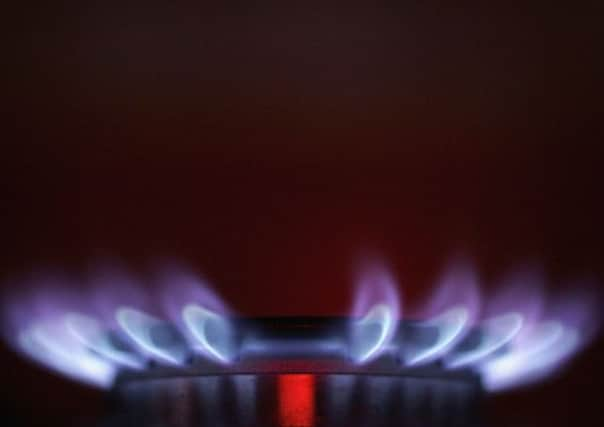Big energy bill rises for 17 years, says watchdog


The National Audit Office (NAO) said the government had little idea of effect the price hikes would have on households or whether they would they would be affordable, particularly for those on low incomes.
Its findings, published today, will intensify the debate raging over energy bills, with the coalition under pressure to act after Labour offered a 20-month price freeze if it wins the 2015 election.
Advertisement
Hide AdAdvertisement
Hide AdThe Treasury estimates that at least two-thirds of the £310 billion of planned infrastructure investment over the next decade and beyond will come from private companies paid for, ultimately, by consumers through their utility bills.
The NAO said that such high levels of planned investment meant that the increases in charges for energy and water were now expected to continue to outstrip inflation until 2030.
The UK’s energy industry body Energy UK yesterday used its annual conference to defend recent price rises and stressed its commitment to “helping those who are struggling” with the cost of their bills.
But the conference was overshadowed by EDF’s announcement that tariffs would rise by 3.9 per cent in January – almost twice the rate of inflation.
Energy UK’s chief executive Angela Knight told the conference: “We have got a problem - an image problem, a reputational problem, a trust problem.
“Trust is hard to gain and it’s easy to lose.”
The NAO said its calculations covered just three-quarters of the investment in the coalition’s National Infrastructure Plan.
At the the same time, the only available projection for water bills, prepared by one water company, suggests that they could rise by 28 per cent by the end of the next decade.
Despite the prospect of such hefty increases, the NAO said the government had made no overall assessment of its affordablity.
Advertisement
Hide AdAdvertisement
Hide Ad“Affordability can only be assessed taking into account all household bills, household incomes and wider costs of living,” it said. “Gaps in analysis, and the lack of a common approach to measuring affordability, mean that the government does not have an overall picture of affordability, either for the average household or for those on low incomes.”
The NAO expressed particular concern about the plight of the low-income households where energy and water bills accounted for 15 per cent of spending in 2011 – almost double the overall average of 8 per cent – while their incomes had fallen by 11 per cent in real terms since 2002.
The Department of Energy and Climate Change (Decc) estimates 11 per cent of households are now “fuel poor” while the NAO calculates that 12 per cent are at risk of being unable to afford their water bills.
A coalition spokesman said: “Decades of underinvestment have left the UK struggling with insufficient infrastructure, but we are committed to fixing the failures of previous governments, and to making the difficult decisions that will allow us to have the infrastructure we need.
“The government is committed to supporting hardworking families and that’s why we’re cutting tax for 25 million people and taking 2.7 million out of income tax altogether by 2014.”
Margaret Hodge, chairwoman of the Commons Public Accounts Committee which oversees the NAO, said: “Households are already struggling to cope with rising costs. I have serious concerns the government is taking decisions on infrastructure, banking on hard-pressed consumers to foot the bill, without knowing whether households will be able to pay.”
READ MORE